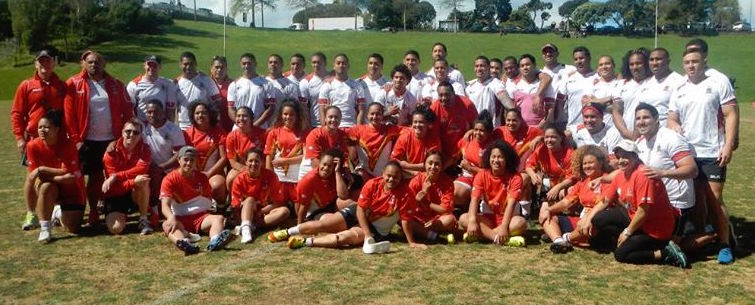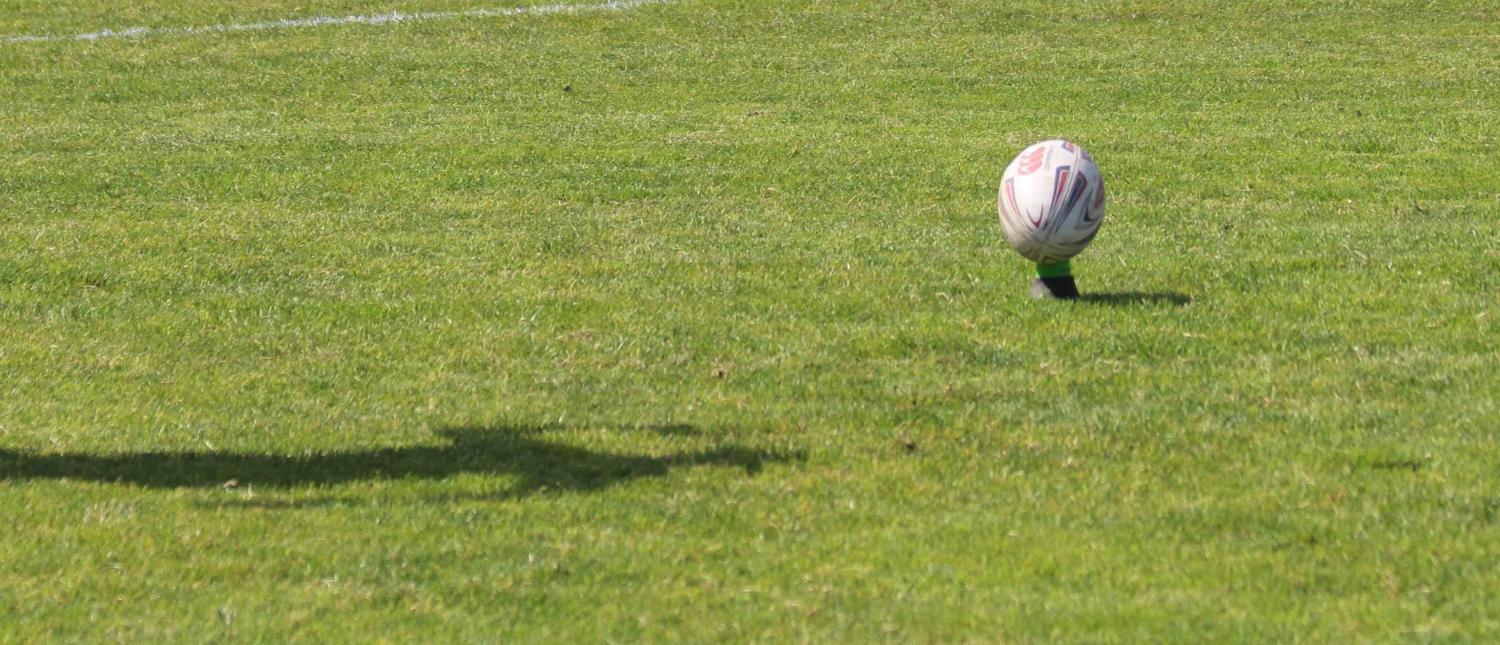I thought Tonga had dealt with this issue when the Prime Minister’s Office issued a media release in March stating that all students should have access to all sporting opportunities in schools. The message was clear: there should be no discrimination in terms of access and participation.
This declaration came in response to an earlier ban, imposed by the Minister of Education, prohibiting female students in Tonga High School from playing rugby or boxing, supposedly because of culture and tradition. I had decided the PM’s media release had handled the embarrassing fiasco quite well.
However, recent comments made to Radio New Zealand by Education Minister Penisimani Fifita have brought me back to square one:
Remember you are talking from New Zealand. The environment and culture is different from us here in Tonga. So you are talking from a different culture to a different culture. Here is what we have looked at. Only the girls at Tonga High School are not permitted to play rugby and also to engage in boxing. You know that there are some female parts – I think I don’t have to go on. That is our decision.
So, is Fifita going against a government policy? Is he showing insubordination to the Prime Minister?
His comments directly contradict the current National Policy on Gender and Development (GAD) implemented by the Ministry of Internal Affairs. The GAD policy, endorsed in 2001 by the current King (then the prime minister), aims to achieve gender equity in all areas of public and private life in Tonga.
In 1995, Tonga ratified the United Nations Convention on the Rights of the Child (CRC) and committed to upholding and supporting the holistic development of every child by ensuring their rights to protection, health, education, personal growth, and the right to play. The commitment was also to ensure all forms of discrimination, including sex-stereotyping and gender-based discrimination, are eliminated.
Tonga has also committed to achieving the Sustainable Development Goals (SDGs) 2016–2030, where Goal 5 specifically calls for gender equality and the empowerment of women.
The legislation that guides the Ministry of Education, the Education Act (2013), specifically provides for the development of learning programs that support gender equality among students. The relevant section (s48[k]) requires that programs “are inclusive of all students” and respond to the educational needs of all children, including those with “special needs, with disabilities, who are gifted, and of both genders”.

Policy and legislation clearly support gender equality in Tonga. So why did Fifita make his remarks?
It comes down to personal attitudes and patriarchal beliefs. While Fifita used culture and tradition as an excuse to ban females from playing traditionally male sports in the local government high school, he felt it was his also his masculine prerogative to go further. He ignored the PM’s Office and continued with the ban, and made an embarrassing reference to female body parts in an interview with Radio New Zealand to justify why girls shouldn’t play rugby or boxing.
To further reiterate why he imposed the ban, Fifita also stated that Tongan culture is different to the culture of New Zealand.
Complaints are never made against the use of foreign-made resources in Tonga – desks, chairs, computers, mobile phones, the fibre optic cable that has been recently upgraded – or wearing Western clothing, buying Western food, driving Western vehicles, speaking the English language, listening to foreign music, or watching foreign films and online content.
That’s because “culture” is only ever used as an excuse when it comes to women and girls.
This is all too familiar in the fight for gender equality in Tonga.
Until we can move past archaic sex-stereotyping, the message that young girls have limitations, that they have restrictions, and that breaking the glass ceiling is against their culture and tradition will continue, communicating to them that such ideas should never be entertained, never be dreamt about, or even thought of.
It is truly emblematic that Magan Maka, a young Tongan female boxer, was selected to carry the Tongan flag at the Commonwealth Games on the Gold Coast. At least that gives us some kind of hope. A saving grace for our daughters throughout the Kingdom. #LiftTheBan


